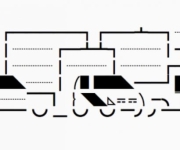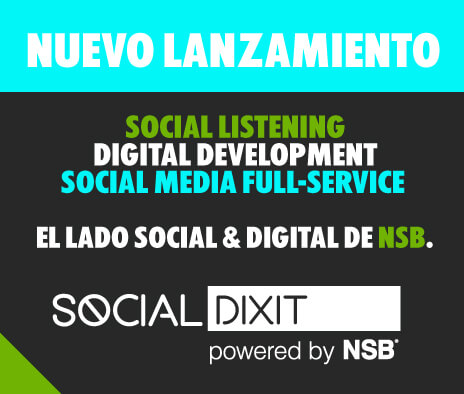This is an excellent report about how internet has changed consumer behaviour
FUENTE: advertising.yahoo.com
In the past few years, new digital tools have led to a renewed energy about shopping that ultimately benefits consumers and brands. The growth of online tools like social networks, the mobile web and coupon sites have transformed shoppers from passive recipients of information — merely taking in communication from marketers — to active creators and distributors of product information and opinions.
Consumers have become an integral part of the process and are having fun with it. This has lead to a new shopping mindset that is analogous to playing a game. The result for advertisers is a shopping landscape that is more complicated but provides a wealth of opportunities. How can marketers influence purchase behavior in this new shopping paradigm and where in the purchase path they can leverage new tools?
Yahoo! and Universal McCann partnered to help marketers understand the new dynamics in the path to purchase so they can use digital media more effectively to engage shoppers.
Methodology
- Comprehensive Online Quantitative Survey: We interviewed 2,485 purchasers or intenders across six categories:
- Qualitative interviews with marketers: We spoke to marketers in each category to better understand their digital marketing needs and pressing questions.
- Online discussion boards and ethnographic qualitative interviews: We spoke with 45 tech savvy consumers across the U.S. who are using digital tools and resources in recent purchase processes.
Setting the Landscape
The abundance of online tools has evolved shopping, empowered consumers and ultimately renewed passion and excitement within the path to purchase. But, it’s complex. To simplify the landscape, we’ve classified the resources into three primary categories that align with consumers’ goals:
- Discover: Learn about product features and find the best product that fits their needs.
- Evaluate: Find the best value for the money.
- Socialize: Get trustworthy feedback to make smarter decisions faster.
Below is an illustration of how today’s consumer uses these tools during the shopping process and when they choose to pull one lever versus another.
Seeking information is paramount to consumers, making “discover” tools the most leveraged throughout every step of the shopping process.
In fact, among “discover” tools, search engines and digital articles are still two of the most widely used resources in a consumer’s toolset. While some digital tools are new, the proliferation of some existing tools has catapulted digital media into playing a more influential role in the shopping process.
Key Findings
- The Internet is a trusted and informative source
Online tools play a critical role in consumers’ shopping process, and one of the main reasons is trust. Consumers have learned what information sources to filter and what sources they can rely on. And when it comes to media, Internet comes out on top as 2 in 3 people stated they trust the Internet for researching their purchases.
- Shoppers are less impulsive
Consumers today are less impulsive in their shopping and take the time to do research before making a decision. In this study we uncovered stories from consumers who, even in the most inopportune times, checked for consumer and expert reviews before committing to a purchase.
- Shopping is social
Digital tools have made shopping more fun and engaging by pulling in friends, family and even strangers into the process. Social networks, user reviews and smartphones instantly facilitate the sharing of consumer expertise and experience. We found that 49% of consumers give advice to others, motivated by a feeling of solidarity with other shoppers. As a result, consumers now collaborate and compete with each other—adding to the gamesmanship aspect of shopping.
- It’s “cool” to find good deals
The growth of coupon sites and price comparison sites has led to a new consumer mindset where it’s “cool” to find great deals. 82% of consumers said that finding a great deal on a product contributed most to the feeling of winning. And 60% mentioned the competitive aspect of shopping, saying that getting a better price than other people made them feel like a winner. 69% of shoppers now seek more deals and coupons online, and 49% of shoppers use more coupons now because of the Internet. Online tools have made using coupons an activity for the tech-savvy and smart shopper, not just the thrifty and cost-conscious.
Conclusion
Implications for Marketers
- Marketers should contribute to the social ecosystem by becoming part of the conversation. Leverage your brand as a contributing member of 3rd party communities (e.g., fan page, micro-site, etc.) to create a more personal and authentic relationship with your customers.
- Create reward systems that deliver the “consumer win” by making the consumer feel special — such as tailoring deals to their expressed interests and encouraging viral sharing.
- Marketers don’t necessarily need to be considered a consumer’s “friend,” but should leverage the right media to aid consumers — like expert reviews. Trusted sites perform better.
- Online sources influence purchases just as much as, if not more than, offline sources so it’s important to make sure your brand is integrated in the online experience.
- As shoppers use digital tools to gather info and narrow down options, your presence doesn’t need to be purely rational. It can and should delight emotionally.


 Versión PDF
Versión PDF






